Archive: Year 2022
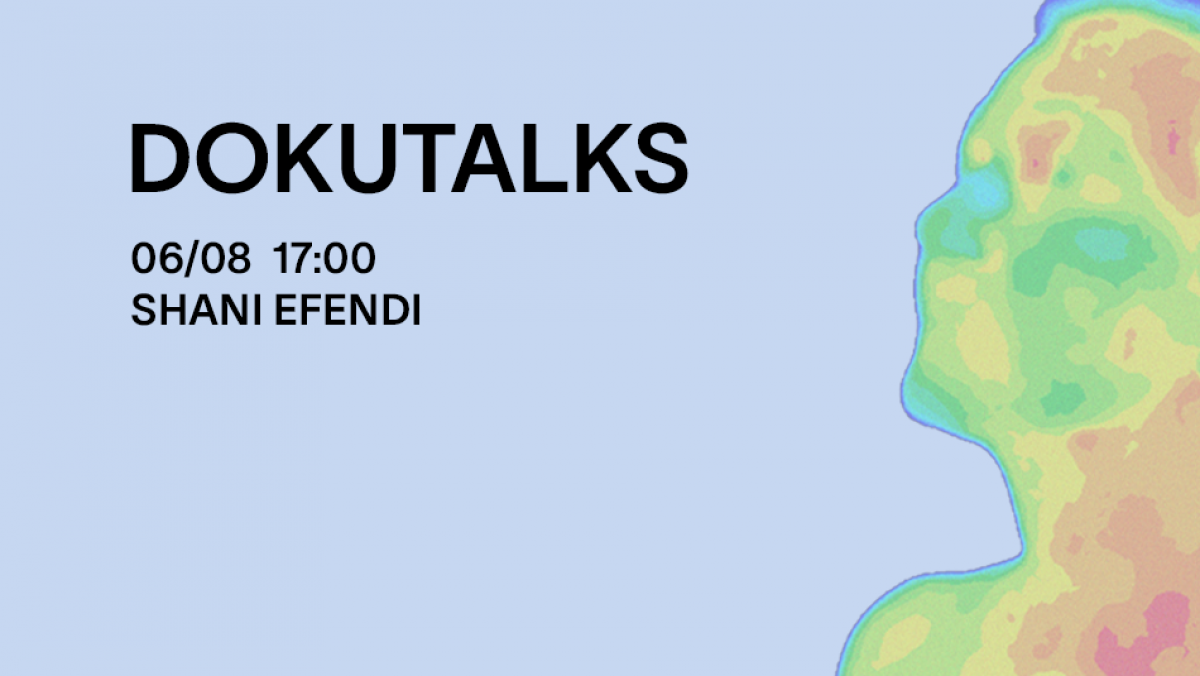
TALKS
Post-partum
Post-partum: what happens to the filmmaker and its participants after the film is released? One of the most common questions asked to filmmakers in Q&As are: « What happened to your characters/protagonists? Where are they now? » Sometimes, this question gets a happy answer, and other times a painful one. In this panel, filmmakers will be invited to talk frankly about the many contradicting feelings that arise after their films’ release, and the ethical conundrums they grapple with. Panelists: Dea Gjinovci (Wake up on Mars) Marija Zidar (Reconciliation) Samir Karahoda (In Between, Displaced) Ljubomir Stefanov (Honeyland) Moderated by Aliriza Arënliu 17:00 Saturday Shani Efendi GardenSaturday, August 6
17:00
Shani Efendi
Other Talks in TALKS
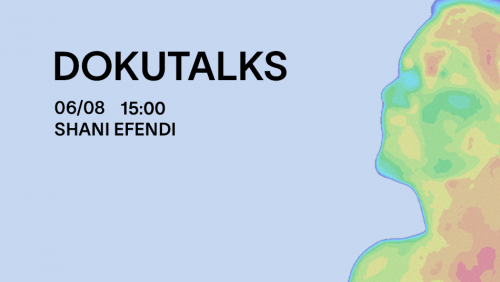
EVERYDAY REBELLION
Facing climate crisis, a burnt-out system of ecological networks, broken habitat connections, and lost cultural and language diversity on a planet battered by human atrocities, we are in survival mode. Bringing justice, plentitude, conviviality, and liveliness to all will be of primary concern for decades to come, as a tremendous test within the history of humankind. This calls for a culture and practice of resistance on the every day. Moderator: Defne Koryürek Panelists: Ares Shporta, Levon Bağış, Jeton Jagxhiu and Sevil Baştürk
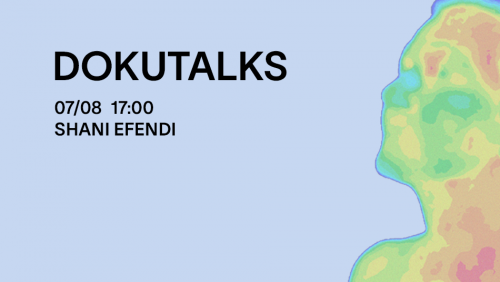
Landscapes of Repair and Resistance
Manifesta 14 Prishtina is proud to partner with DokuFest for the showcase of a special programme this August at the festival. Curated by Manifesta 14 Prishtina Creative Mediator Catherine Nichols, Landscapes of Repair and Resistance showcases three participants in the European Nomadic Biennial. The programme takes the form of three screenings and a discussion, all on the theme of landscape, interweaving this with historical and contemporary narratives of resistance, recovery, healing and repair. Screenings The Rising Forest – Uýra Landscapes of Resistance – Marta Popivoda Wild Relatives – Jumana Manna In conversation Jumana Manna, Catherine Nichols and Veton Nurkollari
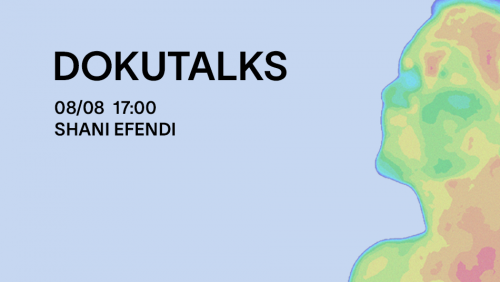
Introduction to the Economics of Copyright-based Industries
Providing guidance to right holders and users on the ways of protecting their works and understanding the importance of such protection, as well as increasing awareness of the private sector and all stakeholders on the effective functioning of the creative economy. In collaboration with the EU funded - Intellectual Property Rights Project in Kosovo. Speakers: Dimiter Gantchev, Erkin Yilmaz Ioannis Kikkis Irina Lucan Arjoca Sophie Valais
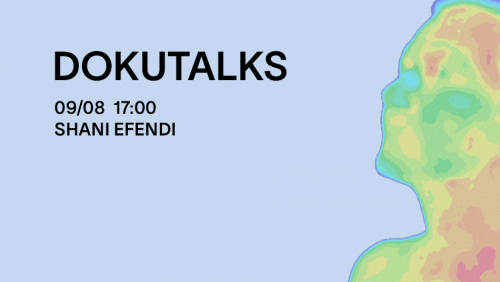
The power of non-fiction films
The power of non-fiction films Non-fiction filmmakers around the world find pockets of truth, enchantment, tragedy, and hope in the represented lives of people who share the experience of being in a film. For the past few decades, documentary has emerged and sought to separate from its colonial past, to become another way of telling stories in the cinematic form. How have filmmakers transformed the documentary form for our times? And has it become more relevant today? Maria Silvia Esteeve Martin DiCicco Jelena Maksimovic Veton Nurkollari Moderated by Dea Gjinovci This DokuTalk was made possible through the support of 'How Do I See You' project, financed by European Union in Kosovo.
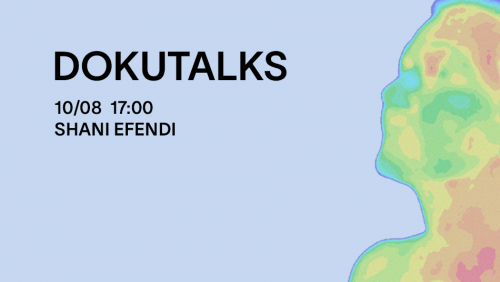
How to keep on shooting?
Filmmakers can be pushed to the utmost limits of what they thought themselves capable of doing. Making a documentary can mean standing up to and representing systems of injustice, outdated traditions, state violence and corruption, and many of the ills in society. In this panel, we will explore what kind of responsibility filmmakers carry and what drives them to keep on shooting. Sofia Bohdanowicz Nataša Urban Keti Stamo Moderated by Dea Gjinovci
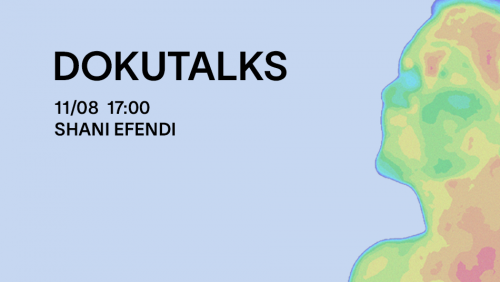
How to make an impactful documentary?
How to make an impactful documentary? With the rise of large-scale impact campaigns attached to documentaries, the fusion between activism and filmmaking has never been more salient. From filming activism to campaigning for change, what does it mean to make an impactful documentary today? Introduction by Eroll Bilibani on how DokuFest integrates documentary films into the national curricular framework to inspire social change. A panel moderated by Dea Gjinovci and composed of Brigid O'Shea, Rich Felgate and Ilir Hasanaj. This DokuTalk was made possible through the support of 'How Do I See You' project, financed by European Union in Kosovo
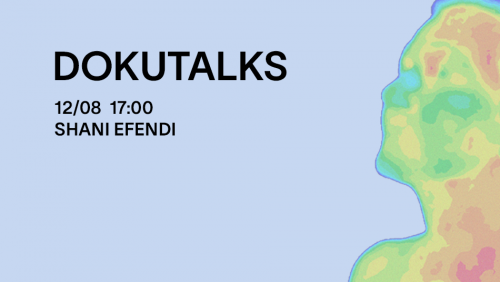
War crimes, surviving the past, bearing the future
Filmmakers have often stood at the forefront of conflicts and wars, documenting and filming war crimes and their consequences to get global attention. But, how different is it to film for evidentiary purposes that can later be used in a court of law? What can be learned from the experiences and perspective of the Balkans wars vis-à-vis the war in Ukraine? And what does justice look like for survivors and victims of war crimes? Bekim Blakaj Nebi Qena Zhanna Maksymenko-Dovhych Sasha Romantsova Moderated by Dea Gjinovci
